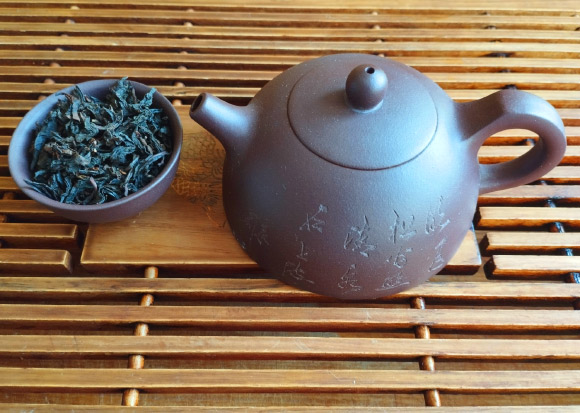In a new prospective cohort study, higher tea intake was associated with lower mortality risk among those drinking two or more cups per day, regardless of genetic variation in caffeine metabolism.
Tea has been a popular beverage since antiquity times, with records referring to consumption dating back to the Chinese dynasty of Shen Nong (2700 BCE).
Produced from the evergreen Camellia sinensis, tea is consumed in diverse ways, with brewed tea and products with a tea ingredient extremely prevalent in Asia. It also is more fashionable than ever in Western countries.
The various types of tea are distinguished by the processing technique: unoxidized tea as green tea, half-oxidized tea as oolong tea, and fully oxidized tea as black tea.
Previous studies suggested an association between tea consumptions and lower mortality risk in populations where green tea is the most common type of tea.
“Tea is frequently consumed worldwide, but the association of tea drinking with mortality risk remains inconclusive in populations where black tea is the main type consumed,” said lead author Dr. Maki Inoue-Choi from the National Cancer Institute, National Institutes of Health, and colleagues.
In their study, the authors evaluated the associations of tea consumption with all-cause and cause-specific mortality.
They used data from 498,043 participants in the U.K. Biobank, where black tea drinking is common.
They also assessed whether the associations differ by use of common tea additives (milk and sugar), tea temperature, and genetic variants affecting the rate at which people metabolize caffeine.
The U.K. Biobank includes data on a half a million men and women, aged 40 to 69 years, who completed a baseline questionnaire between 2006 and 2010.
Of those, 85% reported regularly drinking tea and of them, 89% reported drinking black tea.
Relative to tea nondrinkers, participants who reported drinking two or more cups each day had 9-13% lower risk for mortality.
The associations were observed regardless of whether participants also drank coffee, added milk or sugar to their tea, their preferred tea temperature, or genetic variants related to caffeine metabolism.
“The findings suggest that tea, even at higher levels of intake, can be part of a healthy diet,” the researchers said.
The study was published in the Annals of Internal Medicine.
_____
Maki Inoue-Choi et al. Tea Consumption and All-Cause and Cause-Specific Mortality in the UK Biobank. A Prospective Cohort Study. Annals of Internal Medicine, published online August 30, 2022; doi: 10.7326/M22-0041








